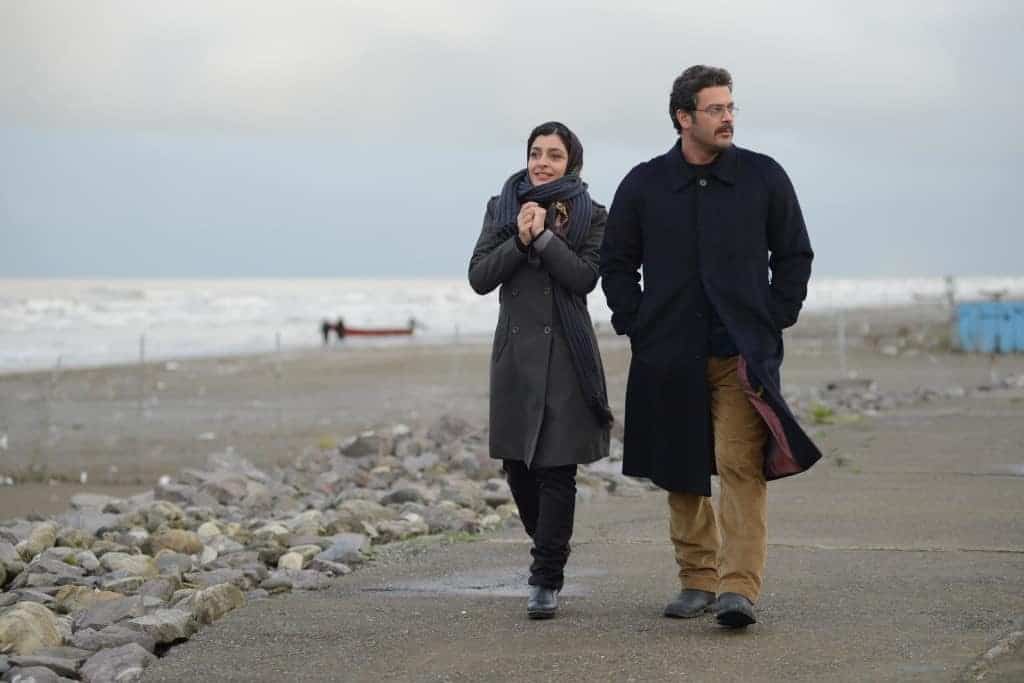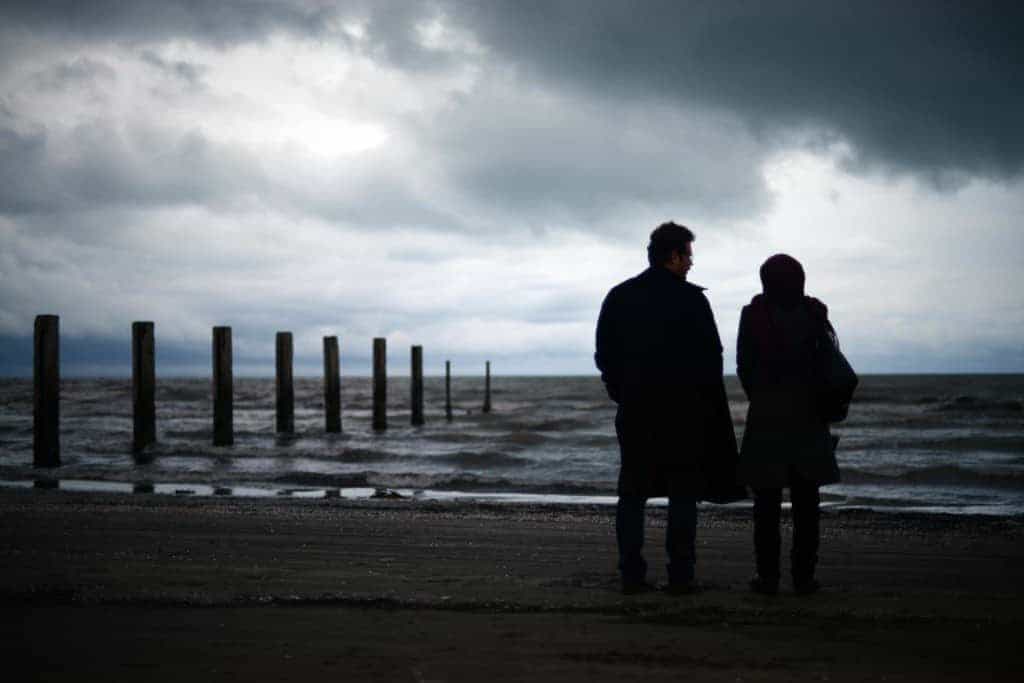Ida Panahandeh’s film Nahid, which screened in Un certain regard at Cannes, is a complex portrait of a woman trapped by the patriarchy.
Discover one film you didn’t know you needed:
Not in the zeitgeist. Not pushed by streamers.
But still easy to find — and worth sitting with.
And a guide to help you do just that.
Lately, there have been some terrific feminist films about life under patriarchal law. In 2009, Asghar Farhadi’s A Separation documented the painstaking process involved when trying to obtain an amiable divorce in Iran. All of the power is in the husband’s hands. Last year, Ronit Elkabetz’s Gett: The Trial of Viviane Amsalem, which premiered in the 2014 Director’s Fortnight, told the story of the interminable divorce proceedings faced by a woman in Israel trying to sever ties from her cruel husband. He kept her in court for years. These aren’t message films, but they do, incidentally, deliver potent political statements. One of just four films directed by women in this year’s Un Certain Regard section, writer-director Ida Panahandeh’s Nahid is the latest entry to the group. It tackles a woman’s life after divorce.
Nahid tells the story of the titular divorcee (Sareh Bayet) who is only free from her ex-husband in theory. She lives alone and independently with her ten-year-old son, Amir Reza, but she struggles to pay their rent. Her job as a typist is menial work, and she’s developed a hand injury from it. She has custody of her son, who visits his ex-addict father on weekends and quarrels with his mother on weekdays.
A possibly problematic romance in Ida Panahandeh’s film Nahid
But when she falls in love, it becomes clear that her life is not her own. Her ex-husband only willingly gave up custody of their son because he would become the sole holder of custody should she remarry. Since they live in an Islamic state, she can’t freely be with another man without marriage, for she’d risk their respectability, which puts her in a very difficult situation. Her tough situation is mirrored by the grey skies and muted colours of the world Panahandeh creates.

Panahandeh crafts a complex portrait of a struggling thirty-year-old woman who became a mother too young. She wants her son to have every opportunity. But her solution is to send him to an expensive private school, which she can’t afford. She’s dangerously in debt. Meanwhile, her son refuses to apply himself to his school work, defeating the purpose of a privileged education. Too worn out to engage with him, she responds by berating and punishing him. This only alienates him without motivating him. Money is tight. She must come to terms with how she can provide for them when she’s spending recklessly while taking in a modest income.
Nihau craves affection
Nihau is lonely and craves affection. After establishing Nahid’s domestic situation, the first place Panahandeh takes us to is a beautiful, windy beach, where she meets a man, Masoud (Pejman Bazeghi). It’s a refuge from her trying routine, and they proclaim their love for each other. But when we learn that Masoud is wealthy, we also begin to wonder if their affection is real or if she’s using him to gain financial security. He insists on legitimizing their relationship by marrying, but she adamantly refuses, explaining the situation.

Still from the film Nahid by Ida Panahandeh. Photo by Habib Majidi. Courtesy of Cannes Film Festival.
Although Nahid seems a kind and gentle man, he’s still deaf to her protestations. He doesn’t take her concerns seriously, insisting they marry and sort out the legal ramifications later. He practically gives her an ultimatum: marry Masoud and risk losing her son, or turn him down and risk losing what he can offer her. In his mind, his needs are of greatest import. And she’s so desperate that she doesn’t know how to fight for herself and make him listen.
Sareh Bayet gives a terrific performance as Nahid in Ida Panahandeh’s film
Sareh Bayet gives a terrific performance as Nahid, a woman forced into silence, who starts to behave recklessly, sabotaging everything. We see how strong and strong-minded Nahid is, living on her own, taking care of her son. But she can also be hopelessly immature at times. It’s as if she is emotionally stuck at the time of her trauma, the birth of her son. She acts with the authority of an adult, but often with the foresight and maturity of a teenager. Amir Reza still hasn’t met Masoud even once she’s agreed to marry him temporarily. He doesn’t even know he exists —
She loves her son deeply but is still angry that he sidetracked her life. At times, even she doesn’t know if she’s using Masoud or in love with him. Panahandeh mirrors Nahid’s confusion visually. She can shoot the beach where Nahid and Masoud meet as a dark, scary and foreboding place — it’s grey most of the time — or as a rustic, romantic setting, their silhouettes against the raging sea.

